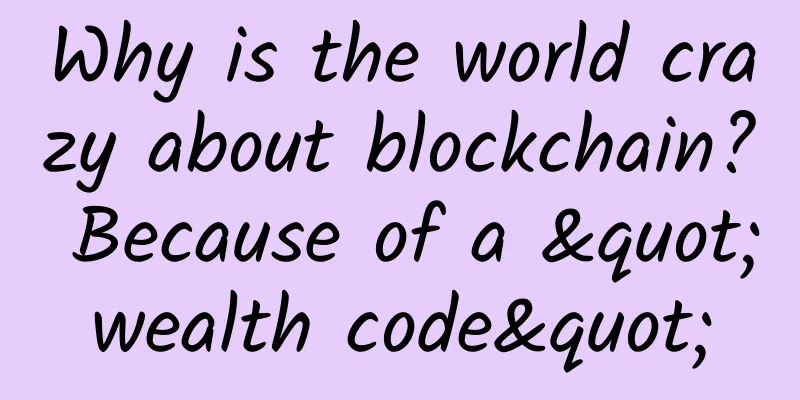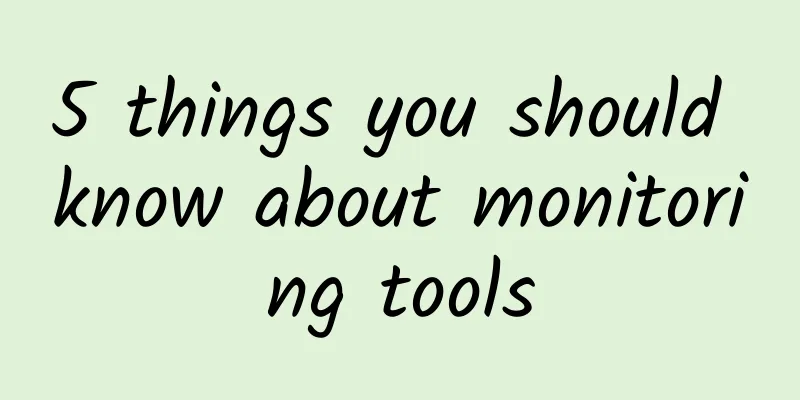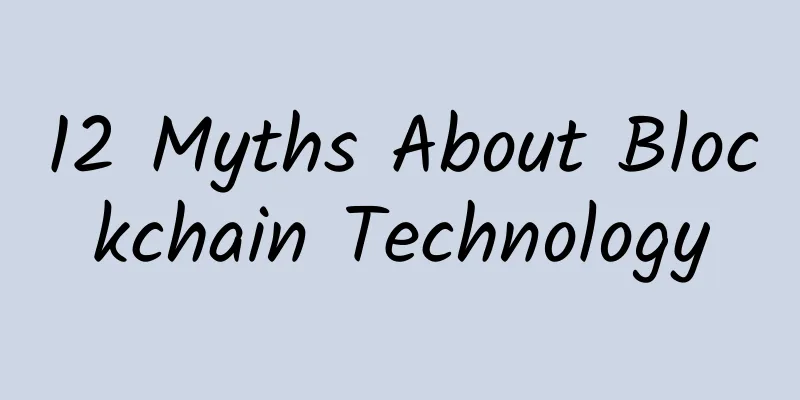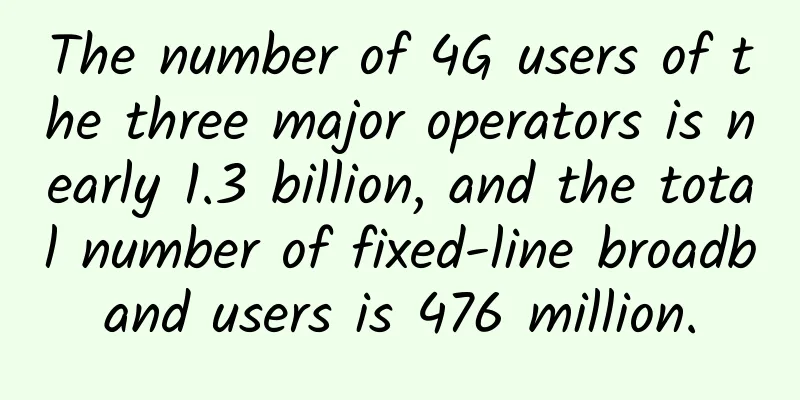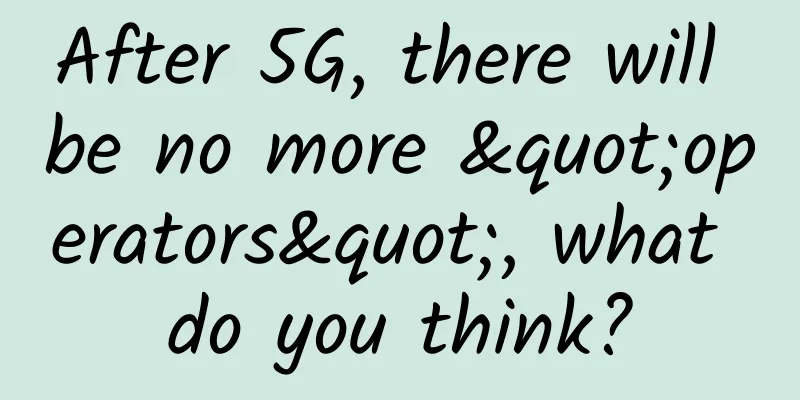"5G packages are a bit expensive": You said the same thing in the 3G and 4G eras
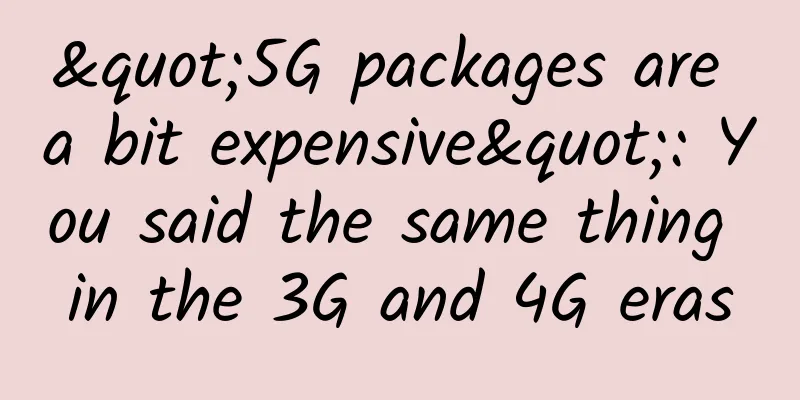
|
The following are the key points of the article:
On October 31, at the 2019 China International Information and Communication Exhibition, the Ministry of Industry and Information Technology and the three major operators held a 5G commercial launch ceremony, and the long-awaited 5G finally ushered in official commercial use. At the same time, the three major domestic operators also announced the details of their respective 5G packages. Judging from the feedback on the Internet, most users think that 5G charges are too expensive. Discussion on 5G rates on Weibo Since 5G is not widely used at present, for most people, 5G is still a long way from daily use. As the starting point of 5G commercial use, what does the release of 5G packages mean? Looking back at the beginning of the 3G and 4G eras, we may be able to find a coordinate system for evaluation. 5G commercial launch: Which service provider offers the best rates? On October 31, more than four months after the Ministry of Industry and Information Technology issued 5G licenses in June, the three major operators officially released 5G packages. Generally speaking, the 5G packages of the three major operators are not cheap - the lowest monthly rent starts at 128 yuan and the highest can reach 599 yuan. China Mobile: 128 yuan for 30GB, equivalent to 4.27 yuan/GB, 5 yuan/GB for excess traffic, 30% discount for old users with 5 years of network experience or more. On October 31, China Mobile officially launched the 5G Smart Package on its mobile client. The packages are divided into personal version and family version, each with five tiers. Among them, the personal version 5G package has five tiers to choose from:
China Mobile's package introduction China Mobile's 128 yuan and 198 yuan packages are 5G premium services, with 5G Internet speeds limited to 500Mbps, while the 298 yuan, 398 yuan and 598 yuan packages correspond to 5G extreme speed services, with 5G Internet speeds limited to 1Gbps. If users exceed the data in the package, the additional data will be charged 5 yuan/GB. China Unicom: 129 yuan for 30GB, equivalent to 4.30 yuan/GB, 3 yuan/GB for excess traffic, 30% discount for old users with 3 years of network experience or more. China Unicom has 7 tiers of individual 5G package rates for users to choose from, with a starting price of 129 yuan and the most expensive being 599 yuan. The corresponding rates are as follows:
China Unicom's package introduction It should be noted that the excess traffic for all the above packages is 3 yuan/GB. China Unicom did not provide an official description of the speed, but according to previous media reports, China Unicom has also differentiated the speed of 5G packages. The Internet speed of 5G packages priced at 199 yuan or less is limited to 500Mbps, and the speed of 5G packages priced at 299 yuan or more can reach 1Gbps. China Telecom: 129 yuan for 30GB, equivalent to 4.30 yuan/GB, 3 yuan/GB for excess traffic, 30% discount for old users with 3 years of network experience or more. China Telecom's 5G package charges are almost exactly the same as China Unicom's, also with 7 tiers, and the traffic exceeding the package is also 3 yuan/GB. The corresponding charges are as follows:
China Telecom announces 5G terminal discounts After the package was announced, "expensive" became one of the key words people discussed. Looking back at the past, the same situation has occurred many times. When 3G started: 1GB cost more than 5,000 yuan Ten years ago, 3G tariffs of major operators were released one after another. When 3G packages were first launched, expensiveness became the biggest perception of users. According to past public reports, "the 3G Internet charges announced one after another have made the majority of users feel a little overwhelmed." A netizen once left a message online saying: "One page uses at least 2MB of traffic. If you apply for a 2GB package for 100 yuan, it is equivalent to opening about 1,000 web pages, and the 100 yuan is gone. Not to mention watching movies online. A high-definition movie is about 500MB. How many movies can you watch with 100 yuan?" According to an online survey conducted by Tencent at that time, 74% of the more than 50,000 netizens who participated in the vote believed that the current 3G Internet access charges were too expensive. In terms of billing methods, 86% of netizens preferred "unlimited monthly subscription"; in terms of monthly consumption expenditure, 55% of people could afford to spend less than 50 yuan, and 38% could afford to spend 50-100 yuan. In other words, more than 90% of netizens' monthly consumption budget for 3G Internet access is less than 100 yuan. So how expensive were 3G packages when they were first launched? "Shen Xiang" collected and sorted out the rate information of the three major domestic operators when 3G packages were first released. China Telecom: Taking Beijing Telecom, which was one of the earliest companies to commercialize 3G, as an example, it has launched three monthly tariff packages specifically for 3G wireless Internet access. The excess amount is calculated at 0.05 yuan per minute each month, and the capped fee is 1,000 yuan (excluding Hong Kong, Macao and Taiwan). China Mobile: Four plans are set up based on traffic volume, and the excess is charged at 0.01 yuan/KB each month. China Unicom's 3G packages are the most complicated, as follows: According to the 3G rates announced by the three major operators at that time, the cheapest price for traffic beyond the package was 0.005 yuan/KB, and the most expensive was 0.01 yuan/KB. In other words, the price for 1GB was between 5,000 yuan and 10,000 yuan - it was indeed very expensive. However, it is unscientific to discuss prices without considering the context of the times - in 2009, smartphones were not yet popular, Nokia still dominated the mobile phone market, and surfing the Internet through PCs was still the mainstream way for most people to access the Internet. The concept of apps was little known, and there were very few services that users could access through mobile phones. Therefore, even if most users went online, they could not actually consume too much traffic because there were not many services available. But times are changing rapidly. In 2010, Steve Jobs released the iPhone 4, which marked the beginning of the rapid popularization of smartphones and the rapid development of mobile Internet. In the same year, Xiaomi was founded in Beijing, promoting the popularization of low-cost smartphones in the country. The advent of the mobile Internet era has urged Internet companies to transform as quickly as possible, and getting a ticket to the mobile Internet era has become the theme of the year. In 2011, Tencent launched the WeChat APP, and more APPs were developed and launched. The novel experience and huge opportunities brought by mobile Internet soon overshadowed the impact of 3G charges on people. 4G era: Average monthly usage per person: 7GB A few years later, the 4G era arrived. In January 2014, China Mobile was the first to announce 4G service rates. Subsequently, the 4G tariff standards of China Unicom and China Telecom were announced one after another. China Unicom has launched 8 packages, with the highest monthly fee of 596 yuan, including 11GB of traffic. Traffic exceeding the package range is charged at 60 yuan/1GB: China Telecom has launched 9 packages: Compared with the tariffs in the 3G era, the threshold of 4G tariffs has been greatly reduced: the unit price of traffic has dropped significantly, the traffic in 4G packages has increased significantly, and the traffic packages have entered the GB era from MB. In the 4G era, the price of 1GB outside the package has dropped to less than 100 yuan, which is a significant price reduction compared with the 3G era, but again, we must look at the true meaning of price in the context of the times. According to the 44th "Statistical Report on the Development of China's Internet" released by the China Internet Network Information Center (CNNIC) in August this year, the average monthly mobile traffic usage of users reached 7.2GB, which is 1.2 times the global average; mobile Internet access traffic consumption reached 55.39 billion GB, a year-on-year increase of 107.3%. Although operators’ charges have dropped in the 4G era, users’ data consumption has greatly increased. Coupled with the explosion of the mobile Internet demographic dividend, operators’ revenue has also risen sharply. But the more profound impact brought by the 4G era is that mobile payment has become a part of people's daily life. Mobile phones have long surpassed simple communication tools and become the most important way for people to obtain basic services such as food, clothing, housing and transportation. At the same time, emerging Internet companies based on mobile Internet and mobile payment such as Didi and Meituan have grown rapidly; the rise of small video apps such as Douyin and Kuaishou has changed the domestic Internet industry landscape while also reshaping the way ordinary users obtain content. Looking back at the stories of 3G and 4G, we can see that the operator 5G packages announced today are just the beginning of the 5G era entering the lives of ordinary people. Telecom operators "build roads", mobile phone and other hardware manufacturers "build cars", Internet companies and other application developers "build buildings", users engage in consumption, and multiple parties interact, eventually forming a prosperous city. Although today, when 5G is officially put into commercial use, our focus will inevitably be on traffic charges. However, from a longer-term perspective, as the mobile Internet dividend tends to disappear, what kind of "new city" will the roads built by 5G bring, compared with charges, is more worth looking forward to. References:
|
Recommend
The 2021 work conference of the three major operators: clear goals and firm progress
2020 is destined to be an extraordinary year beca...
“Transparent” Ruijie gives people a sense of security
This is a very "pure" partner conferenc...
Dewu CDN domain name convergence and multi-vendor disaster recovery optimization practice
Background Too many CDN domain names cause reques...
The global chip shortage is starting to have significant real-world effects
Over the past few weeks, the severity of the glob...
RackNerd adds a new user self-service IP change function, starting from $10.18/year in multiple data centers in San Jose/Los Angeles/Seattle
RackNerd has officially added a self-service IPv4...
KhanWebHost: $1/month KVM-2GB/10GB SSD/1TB/Texas
KhanWebHost recently released a US VPS hosting pa...
Have you been "touched" by 5G today?
The number of online 5G users has exceeded 100 mi...
Why is optical fiber cheaper than noodles?
[[182802]] According to a report released by mark...
5G industry virtual private networks are advancing with the times
5G breaks through the limitations of communicatio...
Wireless charging is convenient, but how does it work?
In recent years, wireless charging has been widel...
What is AWG? Why is AWG an important parameter when choosing cables?
When buying cables, there is an important paramet...
AkkoCloud: US/UK/Germany CN2 GIA line VPS quarterly payment starting from 99 yuan, 500M large bandwidth
AkkoCloud is a Chinese hosting company founded in...
GigsGigsCloud: Los Angeles CN2 GIA+CUVIP line KVM quarterly payment starts from US$18
GigsGigsCloud is a Malaysian hosting company foun...
For the first time, such a clear and unconventional explanation of K8S network
[51CTO.com original article] K8S network design a...
AlphaVPS: German AMD EYPC+NVMe series KVM is online with monthly payment starting at 3.99 euros
At the beginning of last month, I shared the news...
